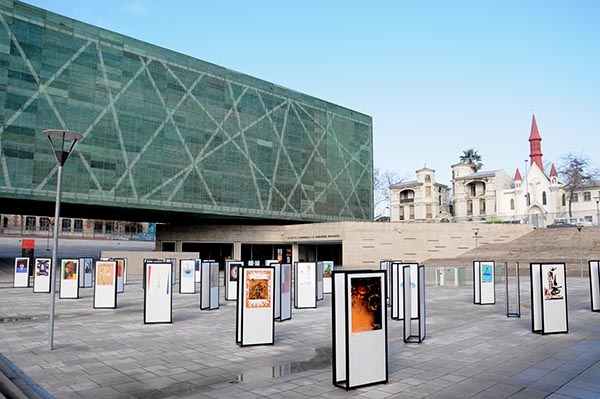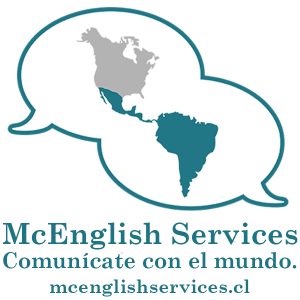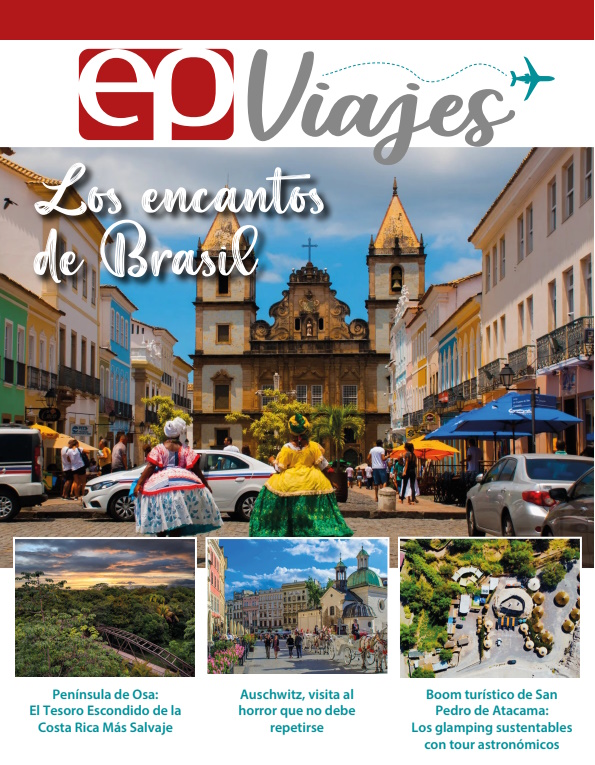
Francisco Martorell: La buena memoria
Pareciera, cada tanto, que hay una verdad establecida y que sobre ella no hay espacio para discusiones, justificaciones ni contextos.
Nada impide, ni siquiera la Memoria o un museo donde ella esté presente, que los pueblos cometan una y otra vez los mismos errores. Es probable que en los próximos cinco mil años, tiempo de vida que le queda al planeta, se sucedan en este pequeño terruño austral situaciones tan o más violentas que las que hemos conocido personalmente o a través de los libros de historia.
El ser humano tropieza y vuelve a hacerlo. Se enfrenta. Mata y se redime. Hace justicia. Aprende en vida. Incluso cambia. Pero los que nacen, aquellos que conocen de oídas o enseñanza aquellos males que vivieron los que lo precedieron, tratan de hacer su propio camino. Les dejamos señas y las ignoran, porque los problemas que generan el caos, la desintegración, la violencia a veces, suelen subsistir como una suerte de destino permanente.
Chile decidió hacer un Nunca Más por decreto. Y formó comisiones investigadoras, armó listas, compensó víctimas, levantó memoriales e hizo un museo para recordar que entre 1973 y 1990 se violaron sistemáticamente los derechos humanos. Pareciera, cada tanto, que hay una verdad establecida y que sobre ella no hay espacio para discusiones, justificaciones ni contextos.
Pero no es así. Persisten aquellos que volverían a actuar igual como lo hicieron en esos años. Por naturaleza, por defender sus privilegios, por obtener ganancias, por maldad y crueldad. Están, además, lo que se alejan de esos tiempos, que no saben qué ocurrió o nacieron en una casa donde el contexto suele ser la excusa para tapar el horror. Porque no había papel higiénico o abundaban las colas o hubo expropiaciones o la inflación alcanzó el mil por ciento. También hay los oportunistas, que saben que es mejor callar lo que piensan y subirse a la ola de los DDHH. Y existen aquellos que, aunque sus derechos fueron conculcados y pisoteados, harían lo mismo con el otro sector. Unos no aprendieron en la crueldad; otros no lo hicieron en el sufrimiento.
El tema es que más allá del Museo o los memoriales, todos fundamentales para la reparación y reconocimiento para víctimas y sus familiares, el esfuerzo debe centrarse en dos aspectos centrales. El primero, enseñar a pensar, críticamente, a nuestros ciudadanos y, el segundo, generar las condiciones para que tengamos una sociedad de principios y derechos, donde prime el valor por encima del lugar ideológico que ocupamos en nuestras vidas. Solo así, en cada momento, sea quién sea y ocurra donde ocurra, defenderemos la vida, la libertad de expresión y la democracia, haciendo carne aquellos valores de libertad, igualdad y fraternidad, necesarios para una subsistencia pacífica. No es tarea fácil. Pero sí urgente. Seamos humanos.
Artículo traducido por McEnglish Services.
 It seems that, every so often, there is an established truth and that there is no space for discussions, justifications or contexts.
It seems that, every so often, there is an established truth and that there is no space for discussions, justifications or contexts.
Nothing prevents, not even the Memory or a museum where the Memory is present, towns from making the same mistakes over and over again. It is probable that in the next five thousand years, which is the remaining lifetime of our planet, there will be situations in this small southern territory that are as violent as those we have known personally or through history books.
The human being stumbles once and then again. It faces itself. It kills and redeems. It does justice. It learns of life. It even changes. But those who are born, those who learn through hearsay or teachings of those evils experienced by those who preceded them, try to pave their own path. We leave them and ignore them, because the problems that generate chaos, disintegration, and sometimes violence, usually subsist as a sort of permanent destiny.
Chile decided to make a “Never Again” by decree. It formed investigative commissions, put together lists, compensated victims, erected memorials and made a museum to remember that between 1973 and 1990 human rights were systematically violated. It seems that, every so often, there is an established truth and that there is no space for discussions, justifications or contexts.
But it’s not like that. Those who would act again as they did in those years persist. By nature, to defend their privileges, to obtain profits, for malice and cruelty. Moreover, they are far from those times, they do not know what happened or they were born in a house where they use excuses to cover the horrors. Excuses as to why there was no toilet paper or why there were massive lines and expropriations and inflation reached one thousand percent. There are also opportunists, who know that it is better to silence what they think and ride the human rights wave. And there are those who, although their rights were violated and trampled, would do the same to the other side. Some did not learn from cruelty; others did not do so from suffering.
The issue is that, beyond the Museum or the memorials, all of which are essential for the reparation and recognition of victims and their families, efforts should focus on two central aspects. The first is to teach our citizens to think critically and the second is to generate conditions where we have a society of principles and rights, where values prevail over the ideological place we occupy in our lives. Only then, in every moment, to whoever it is and wherever it occurs, will we defend life, freedom of expression and democracy, acting on those values of freedom, equality and fraternity that are necessary for a peaceful subsistence. It is not an easy task but, yes, an urgent one. Let’s be human.

